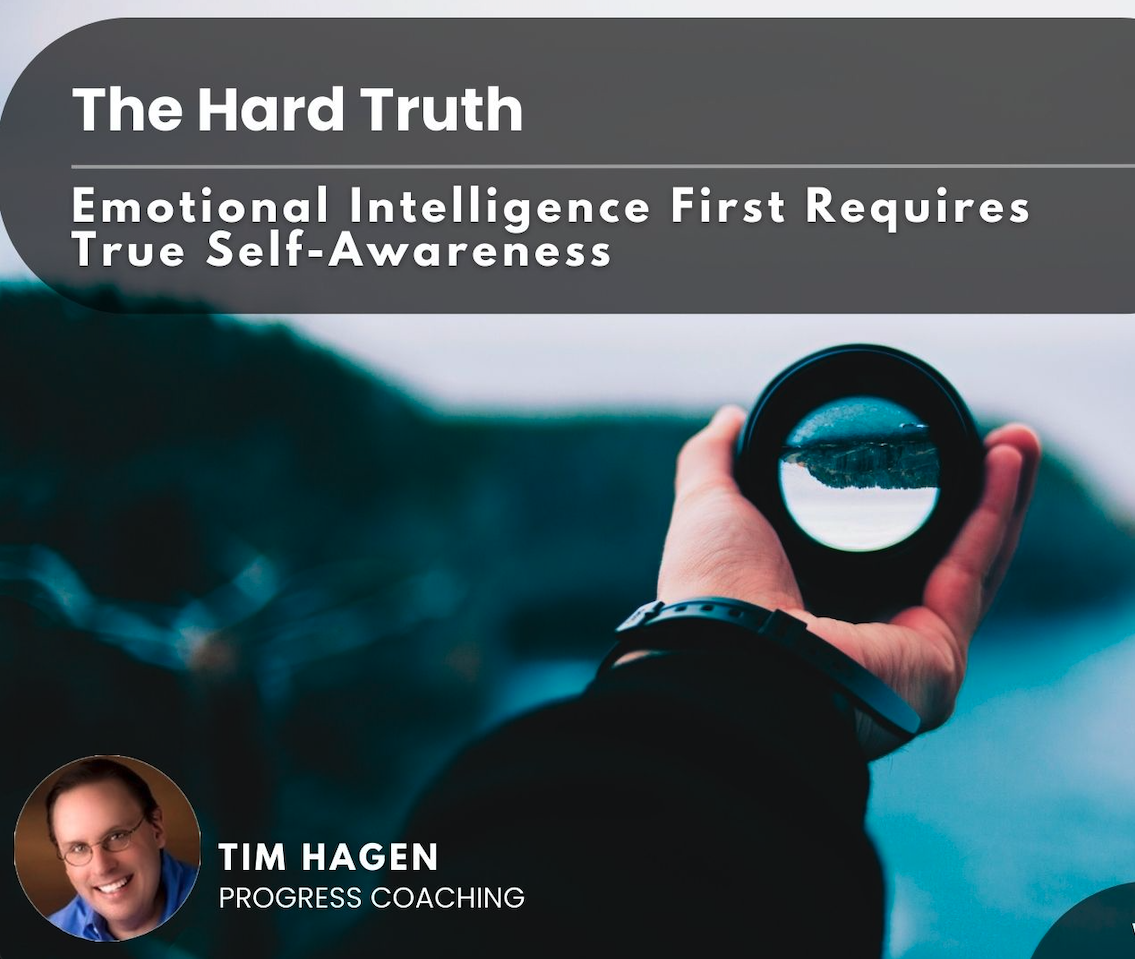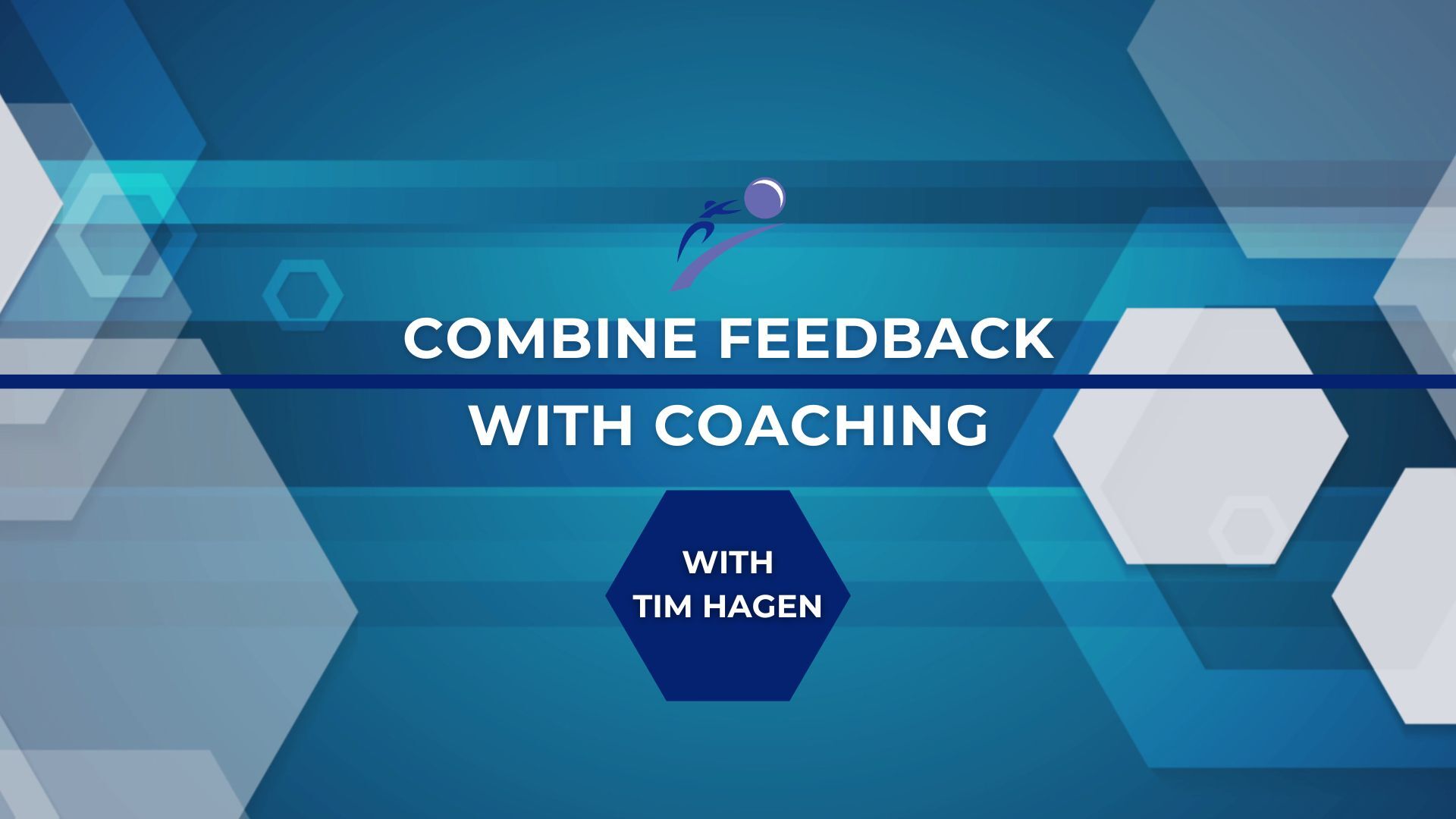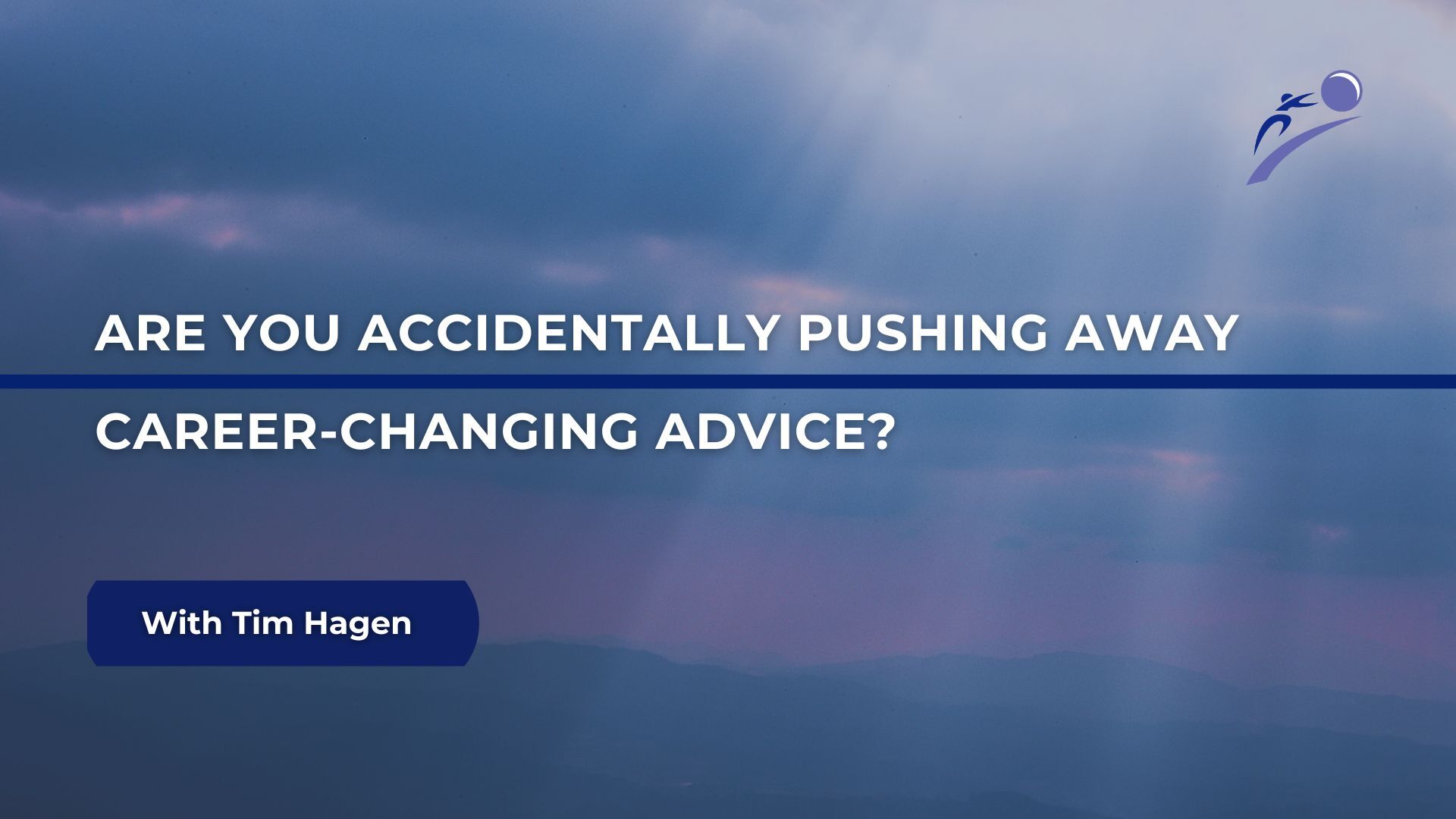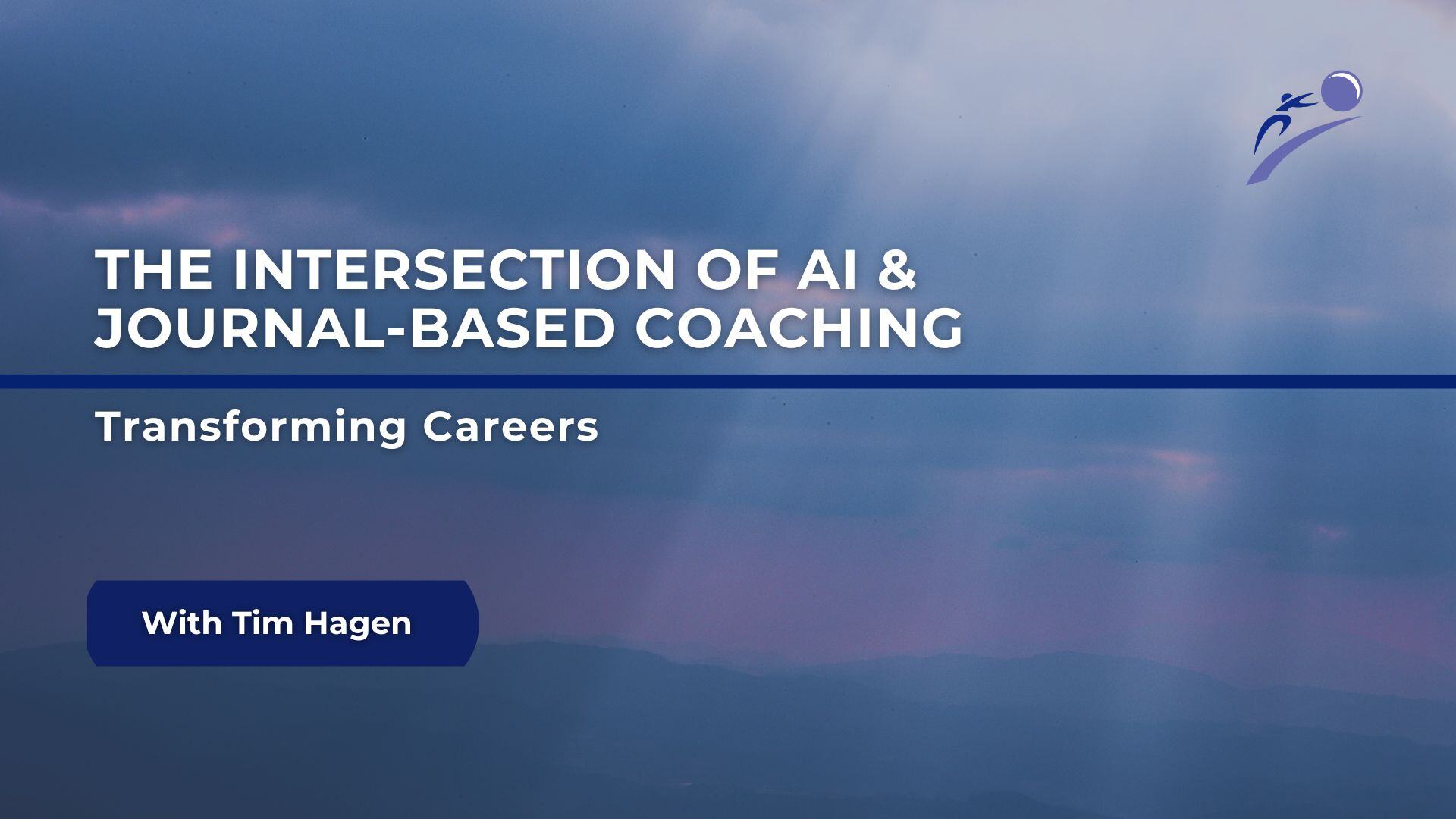A Hard Truth: Emotional Intelligence First Requires True Self-Awareness
I’ve shared this story before about one of our clients. It’s a prime example of the importance of developing emotional intelligence in your workplace, which can't be accomplished without first developing self-awareness.
We’ll call this person Marcus.
Marcus was highly skilled at his job and had a solid work ethic. He was called the workhorse of his team. But over time, he’d become more confrontational with his teammates, becoming easily frustrated in disagreements, and his communication became less frequent. In several key meetings with his managers, he would interrupt others and put down ideas quickly if they didn’t match his own. According to his boss, they'd received multiple complaints about his behavior from his peers and in several instances, would just leave meetings without any resolution. Marcus had lost his motivation and drive, and they were really struggling to get this guy back on track. When they reached out to me and asked me to talk with him, of course, I was happy to help.
I sat down with Marcus and started our conversation with how he felt things were going. Not just with his job, but also with his peers, his managers, and his own development.
Marcus had a lot to say. First, he said things weren’t going well. He was frustrated. No one seemed to like his ideas anymore, he felt like he was constantly having to defend his role, and everyone seemed to stop listening to him. The harder he worked, the more people seemed to turn against him. He was at his wit's end and felt like maybe it was time to look for a new role. I asked if that was what he really wanted to do or if that was just a reaction to his frustration. He admitted he didn’t want to leave; he’d spent many years at this company and liked what he did, or at least before things became so difficult.
Through our candid conversation, it was clear to me Marcus hadn’t lost his motivation or drive. He was still very motivated to do a great job. There was something else behind his difficulties.
So I asked him to share a recent experience in one of the meetings where I was informed by his manager there was a huge blow-up. As he explained his perspective of what happened, I realized Marcus was genuinely unaware of the impact of his behaviors during those meetings.
Emotional intelligence starts with true self-awareness.
Bad news first: most people are not truly self-aware. In fact, less than 10%, according to a leading organizational psychologist, Tashe Eurich’s book, Insight.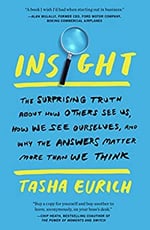
Marcus needed to broaden his perspective and realize the ways he was delivering his message were turning people off or turning them away. He hadn’t considered himself a confrontational person or the instigator of conflict. He’d only believed others were the problem.
To better see the impact of his behaviors, I started asking him a series of questions. Just to help him open up his ability to become more self-aware.
This was not something that happened over one conversation or a big ah-ha moment overnight. This process would take several meetings. But we finished our first chat with an assignment. I asked him to complete an activity over the next few weeks before we met again: to sit at a coffee shop across the street for an hour, here and there, and to journal what he observed behind the counter. The interactions between the employees, the customers, and especially when there was some kind of conflict, such as a wrong order, long wait times, and just to write down what the interaction looked like. What words or phrases did people use? What were their facial expressions? Voice tone, anything he observed. Write them down.
Though he seemed reluctant, before our next meeting a few weeks later, true to his word, he’d journaled what he saw at the coffee shop. I asked him what he thought about those interactions and if he saw any parallels with his own experiences.
After that conversation, I gave him a learning project to complete before our next session. To engage in listening chats. The rules of these listening chats were very clear.
1) Approach a few peers and a few supervisors and ask for feedback on his work and on his interactions.
2) As they provided feedback, he needed to write down what they said.
3) After they provided feedback, all he was allowed to say was "thank you." Nothing else.
I made sure he understood that part very clearly because people often hear feedback and become defensive. They start to explain or rehash an argument. That was not the purpose of this learning project. It was simply to learn how to ask for feedback and accept feedback. This was a way for Marcus to learn how to listen to other perspectives. So again, he was only allowed to say “thank you.”
A few weeks later, we met again, and Marcus admitted this was the hardest thing he’d done. People had shared some harsh feedback, and it was difficult for him not to defend himself or speak up against what he thought was inaccurate information. And I told him it would be difficult. But I also thanked him for going through that learning project. It took strength, courage, and an open mind to start to see different opinions.
Marcus also shared a few key things he’d learned. He hadn’t realized people felt this way about him. That his words had made people feel cautious around him or that they’d felt belittled by his actions. It was a tough pill to swallow, especially with how hard he’d thought he’d been working. He’d strained a lot of relationships with the way he’d said things or the way he’d reacted to their words.
This was Marcus’ first step into developing true self-awareness. In this particular instance, it was a hard step but necessary. Developing emotional intelligence doesn’t work without true self-awareness. Which isn't always the easiest thing for people to admit.
We brainstormed together different ways he could approach others after these listening chats, and how he could start to rebuild some of those strained relationships. We actually practiced what some of those conversations might look like. At the end of that meeting, he said he felt better about the path forward than our first chat.
A few months later, I received a call from his manager, and he asked me what I’d said to Marcus. I asked him what he meant. To him, Marcus was like a different person. He was more collaborative, less confrontational, and seemed happier than before.
Self-awareness requires action and accountability. These are achieved through asking important questions, being honest with oneself, practicing it with activities and learning projects, and taking ownership of your own behaviors to truly improve emotional intelligence. Then, work relationships are improved, the overall outlook on development improves, and even job performance can improve.
This only scratches the surface of how to help develop emotional intelligence and improve self-awareness. Join us as we go into more depth at the Career Coaching Bootcamp on Dec 8th. There aren’t many spots left, so grab your seat quickly.
Our 3 speakers will cover four crucial career topics that will truly help set yourself up for a successful 2024 and beyond. Take a look.
Register and save your spot today: https://www.salesprogress.com/career-coaching-bootcamp


